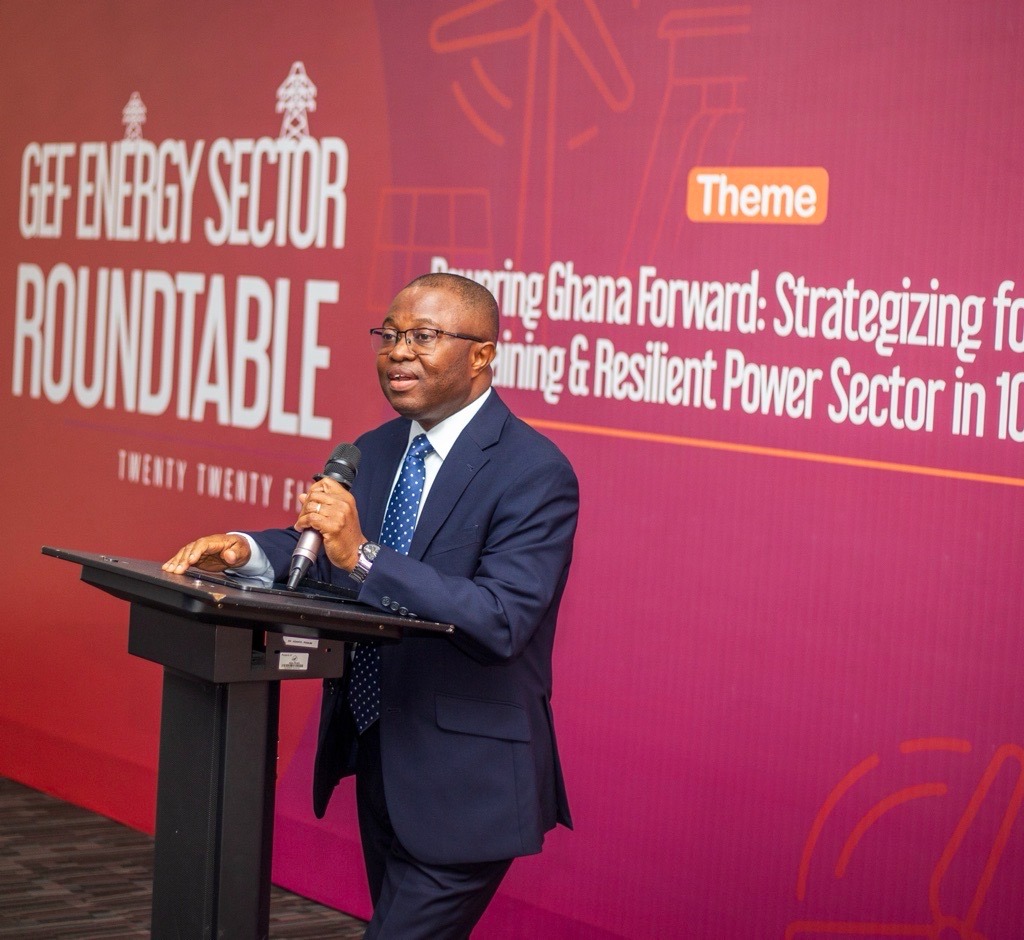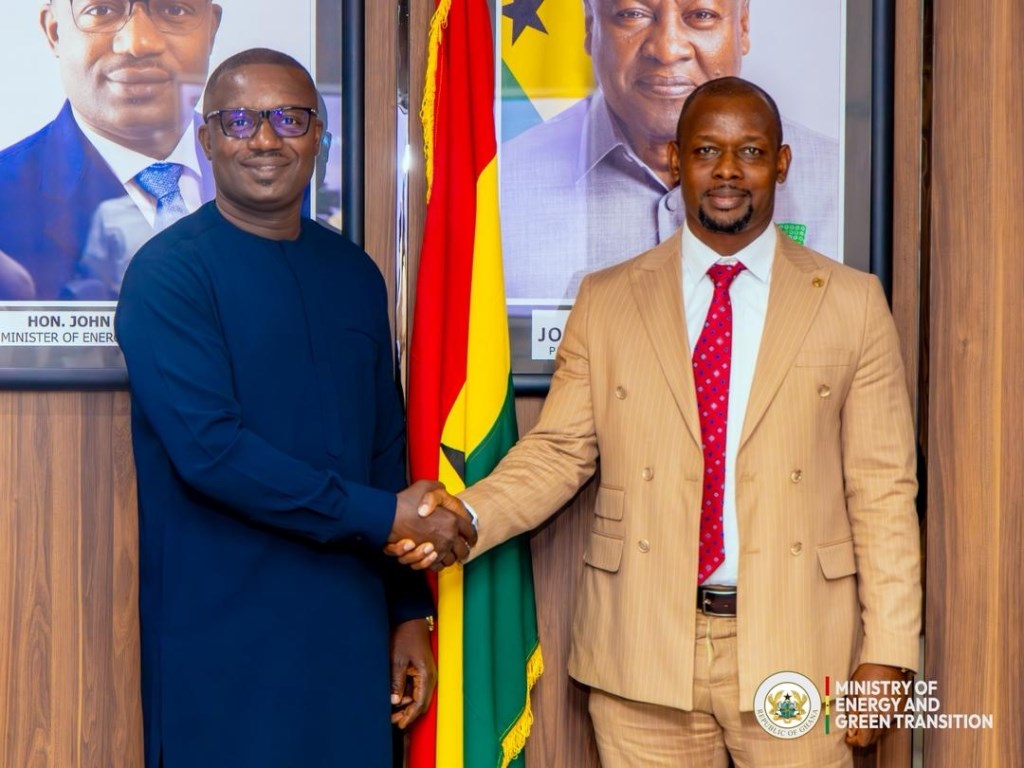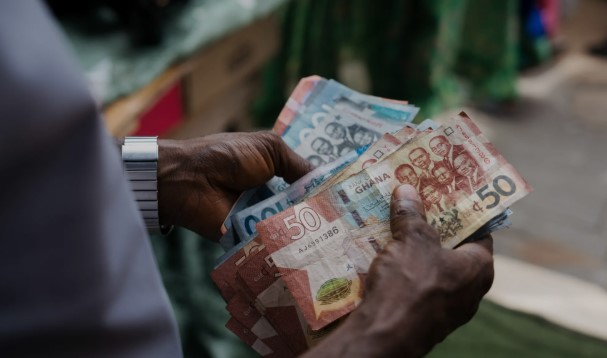Mr Atta Yeboah Gyan, Deputy Managing Director for Operations & Support Functions at Fidelity Bank, has called for deeper collaboration among the financial sector, policymakers, and energy operators to deliver a power system that “works for both consumers and investors.”
Speaking at the Business and Financial Times (B&FT) Thought Leadership Series Energy Roundtable, he outlined priority areas including investments in renewable and hybrid systems, digitisation of collection, and gradual expansion of smart metering systems to plug revenue leakages.
He noted that fixing the energy sector challenges was “not a matter of choice, but a necessity for Ghana’s destiny.”
The event, themed: “Powering Ghana Forward: Strategizing for a Self-Sustaining and Resilient Power Sector in 10 Years”, provided a platform for candid assessment of the power sector, currently saddled with more than $3 billion in legacy debt and liquidity challenges.
“If we are to be honest with ourselves, Ghana’s power sector stands today as both an emblem of progress and a mirror of strain,” Mr Gyan stated.
He attributed the strain to “a vicious cycle of inefficiencies”, including delayed tariff adjustments, non-payment by public entities, and a weakened Cedi that inflates energy costs.
“What Ghana’s power ecosystem needs today is not more temporary fixes, but sustainable financing structures, underpinned by transparency, innovation, and collaboration,” he said.
Drawing from the Bank’s extensive experience in corporate and project finance, Mr Gyan noted that the energy challenge required “capital discipline, governance, and transparency.”
He cited the role of financial institutions including Fidelity Bank in initiatives, such as the Energy Sector Levies Act (ESLA) bonds, which provided temporary relief to liquidity pressures.
However, he urged more sustainable financing models, rooted in data-driven decision-making and institutional accountability.
“Digitisation and data transparency must be prioritised to build trust across the value chain.”
“Equally important is the establishment of clear, cost-reflective pricing frameworks that give investors and financiers the confidence to commit long-term capital,” he added.
Mr Gyan announced that Fidelity Bank was aligning its financing framework to actively support Ghana’s clean energy transition.
He noted that Fidelity had introduced “renewable asset financing products” to empower individuals and businesses to adopt cleaner energy solutions.
The Bank, he added, was also exploring innovative tools such as green financing, blended capital, and ESG-linked instruments to scale up investments in renewable energy and strengthen local energy businesses.
“The challenges before us are complex, but not insurmountable. At Fidelity Bank, we remain committed to walking this journey with Ghana; to power homes and industries but, more importantly, to power confidence, productivity, and growth,” he stated.
“Together, we can build an energy sector that is not just functional, but future-ready.
The 2025 Energy Roundtable brought together key stakeholders across the public and private sectors, including energy producers, regulators, financiers, and development partners, to deliberate on financing pathways for Ghana’s sustainable energy future.
Source: GNA









Leave a Comment